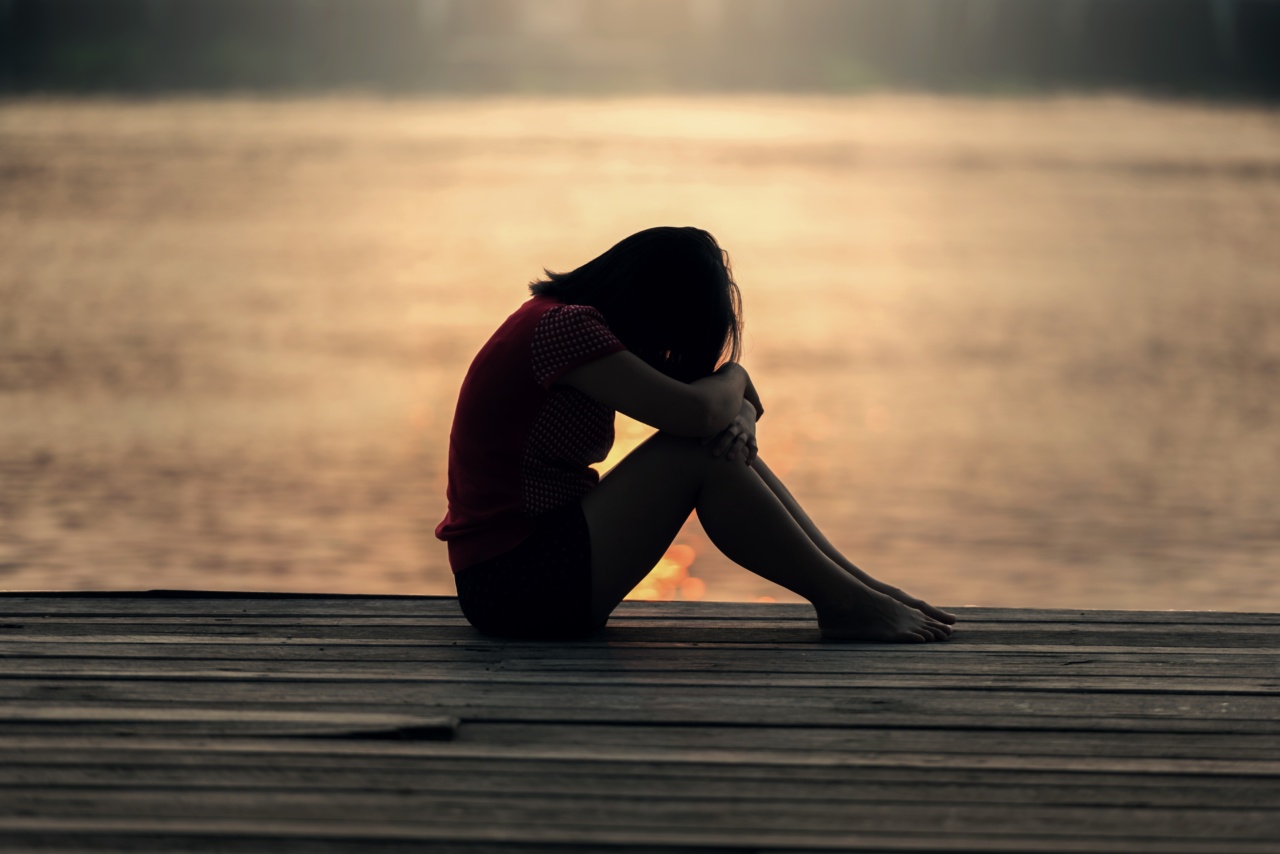Lower left abdominal pain is a common symptom experienced by many people. The pain can range from mild discomfort to severe agony, depending on the underlying cause.
In this article, we’ll explore some of the most common reasons why your belly may hurt on the lower left side.
Diverticulitis
Diverticulitis is an inflammation of small pouches or sacs that form on the wall of the colon. It is a common cause of lower left abdominal pain, especially in older adults.
The pain associated with diverticulitis is typically severe and sudden, and may be accompanied by fever, chills, nausea, and vomiting. Treatment for diverticulitis typically involves antibiotics and a liquid diet.
Constipation
Constipation is another common cause of lower left abdominal pain. When stool becomes hard and difficult to pass, it can cause cramping and pain in the lower left side of the abdomen.
Other symptoms of constipation may include bloating, gas, and straining during bowel movements. Treatment for constipation typically involves increasing fiber intake, drinking plenty of fluids, and exercising regularly.
Urinary Tract Infection
A urinary tract infection (UTI) is a bacterial infection that affects the bladder, urethra, or kidneys.
UTIs are more common in women than men and can cause lower left abdominal pain, as well as pain or burning during urination, frequent urination, and fever. Treatment for UTIs typically involves antibiotics and plenty of fluids.
Ovarian Cysts
Ovarian cysts are fluid-filled sacs that develop on or in the ovaries. They are a common cause of lower left abdominal pain in women of reproductive age.
The pain associated with ovarian cysts is typically sharp and sudden, and may be accompanied by bloating, nausea, and vomiting. Treatment for ovarian cysts may include pain medication, birth control pills, or surgery.
Endometriosis
Endometriosis is a condition in which the tissue that lines the inside of the uterus grows outside of it. It is a common cause of lower left abdominal pain in women and can also cause painful periods, painful sex, and infertility.
Treatment for endometriosis may include pain medication, hormonal therapy, or surgery.
Kidney Stones
Kidney stones are hard and small mineral deposits that form in the kidneys and can cause excruciating pain when they pass through the urinary tract.
Lower left abdominal pain is a common symptom of kidney stones, along with pain in the back and side, nausea, and vomiting. Treatment for kidney stones may involve pain medication, drinking plenty of fluids, and, in some cases, surgery.
Colon Cancer
Colon cancer is a type of cancer that starts in the colon or rectum and can cause lower left abdominal pain, especially in its later stages.
Other symptoms of colon cancer may include blood in the stool, changes in bowel habits, and unintentional weight loss. Treatment for colon cancer typically involves surgery, chemotherapy, and radiation.
Ulcerative Colitis
Ulcerative colitis is a chronic inflammatory bowel disease that affects the colon and rectum. It can cause lower left abdominal pain, diarrhea, and rectal bleeding, among other symptoms.
Treatment for ulcerative colitis may include anti-inflammatory medications, immune system suppressors, and surgery.
Intestinal Obstruction
An intestinal obstruction occurs when something blocks the intestines, either partially or completely. It can cause severe abdominal pain, vomiting, and constipation.
Treatment for an intestinal obstruction may involve bowel rest, intravenous fluids, and, in some cases, surgery.
Appendicitis
Appendicitis is an inflammation of the appendix, a small organ located in the lower right abdomen.
While the pain associated with appendicitis is typically felt on the lower right side of the abdomen, it can sometimes be felt on the lower left side as well. Other symptoms of appendicitis may include fever, nausea, vomiting, and loss of appetite. Treatment for appendicitis typically involves surgery to remove the appendix.
Conclusion
Lower left abdominal pain can be caused by a variety of conditions, ranging from minor issues like constipation to more serious conditions like colon cancer.
If you’re experiencing persistent pain or other symptoms, it’s important to see your healthcare provider for an accurate diagnosis and appropriate treatment.































